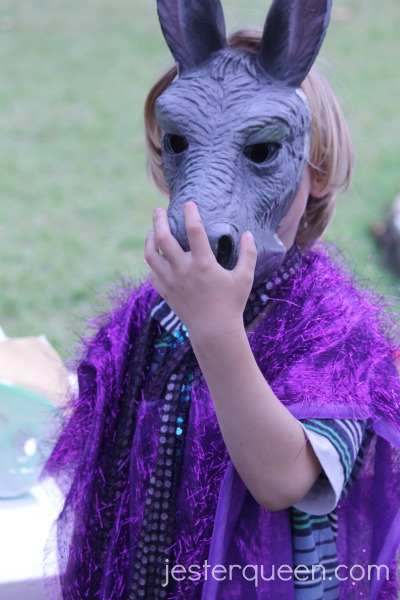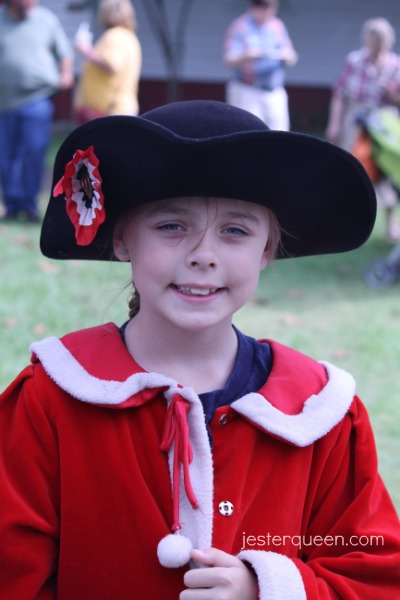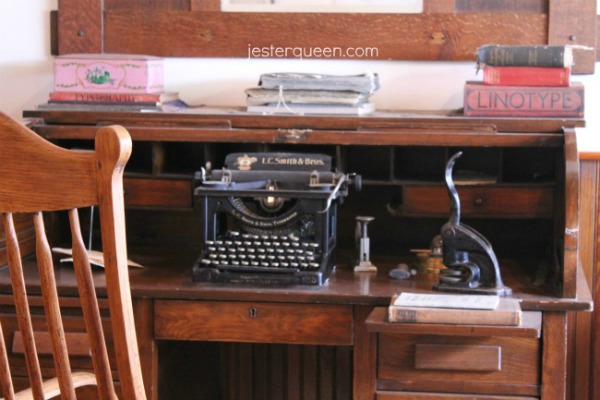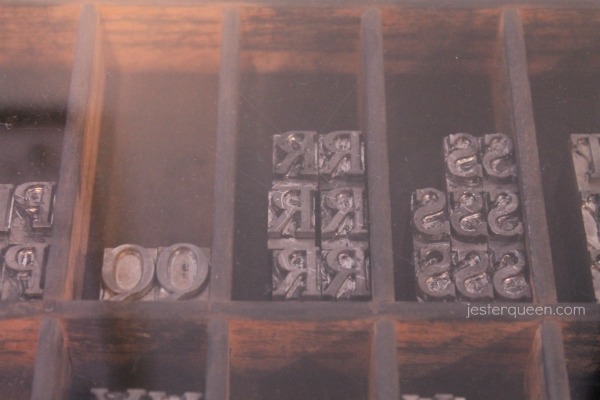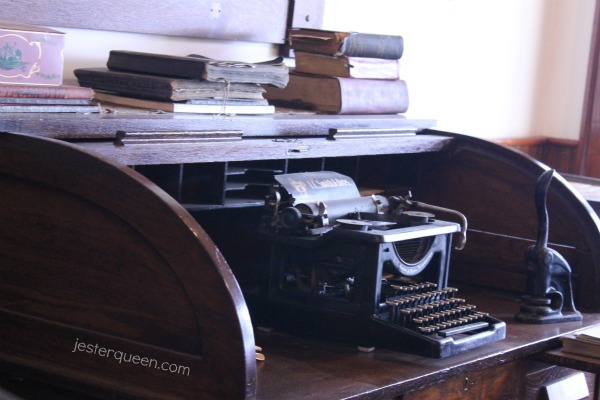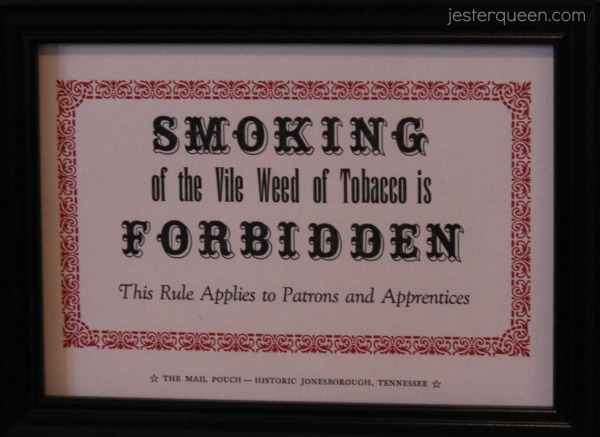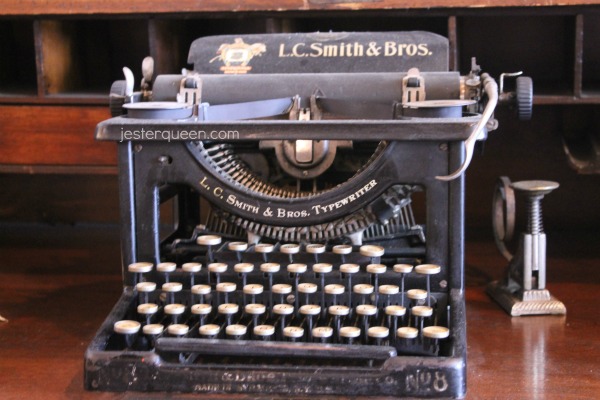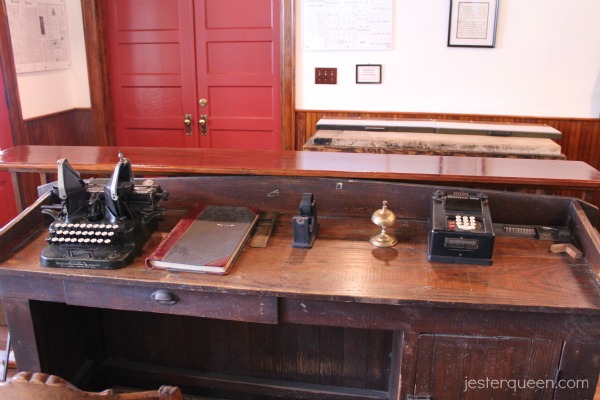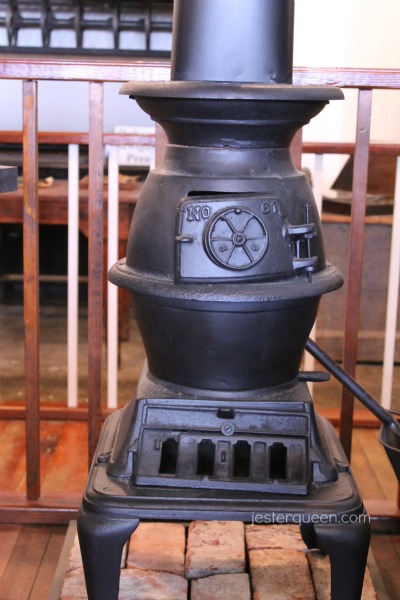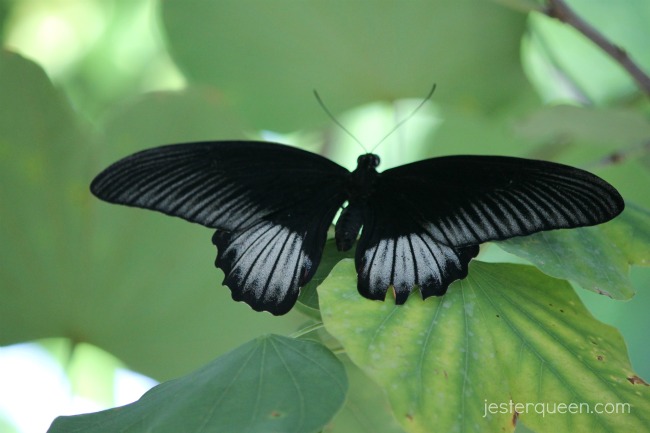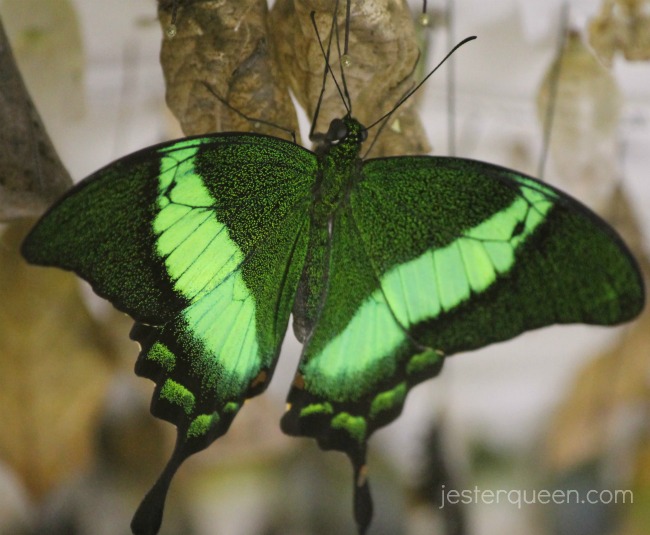If you want background on the characters and story, Lisa has both on her blog. Start here, then go here, here, here, here, and here. I’m just going to jump in and assume you’re one of the other people in the group though and already know what I want to talk about.
And naturally, what I want to talk about is sex. No, really. Sex, gender, and the things we all really live for. It doesn’t get any better than modernist sex with people too repressed to admit they ever got it on. Especially when the most repressed of the lot is simultaneously held up as a paragon by the other characters and killed off early by the author.
Clearly, Mrs. Ramsay’s eight kids were all born of immaculate conception to hear the woman think about Minta and Paul. Lisa points out that there is a great deal of sex symbolism going on, but that’s not what I mean. What I’m talking about is the way that Mrs. Ramsay obsesses over Minta and Paul, who have gone off to get engaged, but who have been away far too long. She keeps distracting herself, trying to convince herself that not one, but two of her brood of eight children accompanied the young lovers.
And I would argue that she does this precisely so that she won’t have to think about their being L-O-V-E-R-S. The woman has eight children. She knows what people do in the dark, OK? And yet the closest she can bring her sexually repressed mind to speculating about Paul and Minta is this: “If nothing happened [i.e. no engagement] she would have to speak seriously to Minta, for she could not go trapesing about all over the country, even if Nancy were with them…” (41) So the best she can do is want to warn Minta that people will think she’s …. ‘traipsing’ (wink wink nudge nudge) with Paul if she keeps going off alone with him. (And never mind about Paul. Boys who sleep around aren’t unmarriageable.)
(And let’s have a long parenthetical discussion of that damned book she’s reading James. I hate, loathe, and despise the tale of the magic herring, the fisherman, and his greedy fucking wife. Sexism disgusts me, even in fairy tales. The point is that the story is about a woman grasping for power and thereby causing ruin. The implication is that women should know their place. I oversimplify, but that’s the gist. And ooooh, it’s being read by the story’s number one model of domesticity, Mrs. Ramsay. And she’s reading it and thinking of it (“the bass gently accompanying a tune” (41)) while she thinks about Minta. In short, she’s worried here that Minta will step out of her place.)
OK, anyway, Mrs. Ramsay is making these new matches like Paul and Minta’s, and hoping for others, like Lily and Mr. Bankes’, even as she resigns herself to a shitty marriage. Now, in any marriage, there’s a certain amount of putting up with your spouse. But throughout this section, we’re told how the 8 children supposedly detract from Mr. Ramsay’s work while they draw Mrs. Ramsay into life and away from her thoughts about mortality. For me, the implication is the exact opposite. Woolf is really showing us that Mrs. “I don’t have a first name because my identity has been subsumed in my husband’s” has put up with more than enough.
What I really get out of this section is that Woolf is flipping the tables on more than just sex. Even as the characters remark about Mr. Ramsay being pretty well saddled with these eight kids, Woolf shows not Mr. but Mrs. Ramsay trapped into a role by them. Mr. Ramsay can go around worrying about his work and book, just like all the other male characters. Mrs. Ramsay can’t do anything but cling to the young ones and their vivacity, because it is their youth that keeps her from thinking of her own mortality.
She has to convince herself that the dreams she gave up upon attaining mother-of-eight-dom would have been horrible and that the life she’s living now is therefore clearly much better.. And yet that isn’t enough, and she mothers and matchmakes for everyone around her, desperately scrambling to retrieve the period in her life before sex had saddled her with those eight kids. She thinks James “will never be so happy again” as he grows up (41), because the older she gets, the more life presses in on her. (In contrast, Mr. R. defends the little birdkiller, Jasper, pridefully calling his behavior “natural in a boy” (48).)
And she doesn’t even know she’s doing it. She wishes to always have a baby so she will never grow old. She can’t bring herself around to thinking that if she had never had babies, she might have led a happier life.
(Well shit, now it’s time for a maternal interjection. I visualize what my life would have been like without my kids often, and it’s always paler. I think it’s a parental behavior. But here’s the difference between me and Mrs. R.: Scott does it, too. He is also sometimes presented with the idea of what his life would be like without kids and finding the little blighters the preferable selection. We share this in common, where in To The Lighthouse, it is clearly a gender division. ALSO, I look forward to interacting with mine as adults. She dreads their flying her nest, even though James is still extremely young.)
It’s what is killing her, this overt obsession with triviality and youth that keeps her from seeing the life she thinks of only in terms of its end. It’s why, in part III of the book, James is finally going to the lighthouse with his father, while his mother is dead. He wanted to go with her. (Mrs. Ramsay missed it, but the happiest day of James’ life ended when he wasn’t able to go to the lighthouse with his mother as a child. She shouldn’t think “he will never be so happy again” but “he was happier this morning or yesterday than he ever will be again”.) The very things Mrs. Ramsay thinks would kill her are the ones that might save her, while the things she clings to in order to keep from seeing her own mortality drag her down that much faster. She’s killing herself with caring for others, and even more than eighty years later, I know too many women doing exactly the same thing. Some men. But mostly women
So for me, the moral of the story (oh yeah, Mrs. R. is reading a morality tale starting on page 1; there is a moral) is rooted in Mrs. Ramsay’s death. It seems to me like Woolf is reaching down through the years and laying her head on my shoulder to whisper, “live for yourself, for you otherwise shall perish”. Look at who survives. As we go forward, look at the woman who narrates much of that last section. It’s not Minta. She’s ancient history. It’s not Mrs. Ramsay. Although she is the subject of the ruminations, she’s dead. It’s Lily Briscoe, the woman who had something other than a family to cling to. Woolf is, on the one hand, presenting Mr. and Mrs. Ramsay as the archetypes of manliness and womanhood, and on the other hand shattering them. She is telling us, especially the women, ‘if you don’t have something besides your children to live for, you are guaranteed to die that much sooner.’

